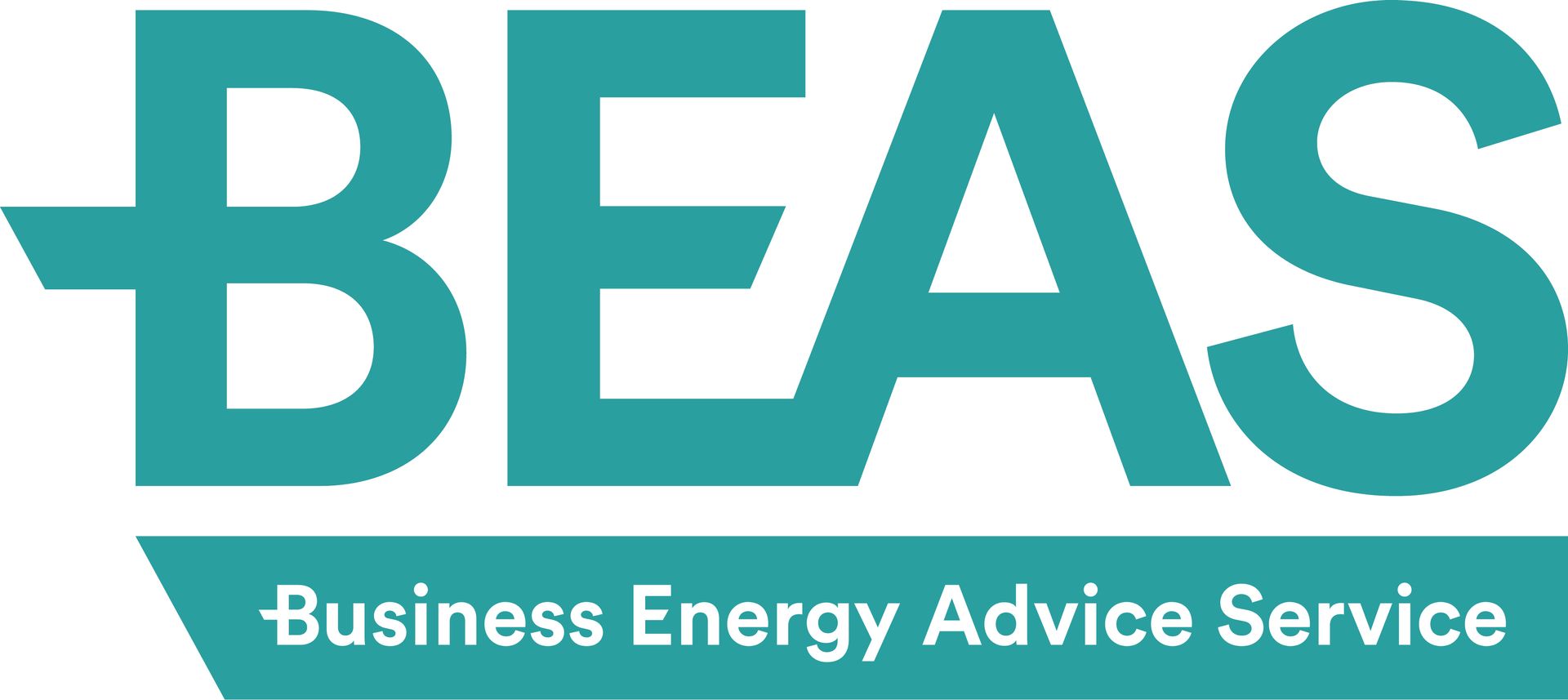In the UK, the care sector is quite reliant on international workers – in fact, nearly 58,000 visas were issued for the sector between March 2022 and 2023. As a care service provider, you might find yourself with an increasingly diverse workforce, with many different cultures, ethnicities and religions represented.
Everyone on your team can make valuable, unique contributions, so it’s important you’re striving to create an inclusive environment for a diverse workforce. It can be tricky to know exactly what steps to take, so the experts at Citation are here to tell you their top tips to start pro-actively managing equality and diversity in your care service, as well as some of the business benefits of creating a diverse workforce.





















